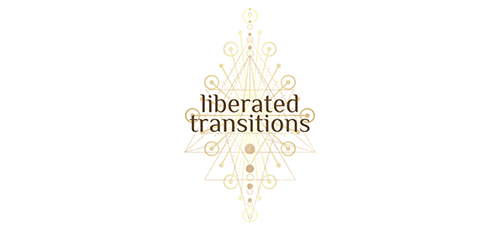Consulting and Training
For organizations in transition: collaboratively formulated DEI strategies, customized trainings, and facilitation.
Disabled and neurodivergent workers have groundbreaking and unique contributions to offer their organizations. They also have unique support needs that if not met, can prevent them from bringing these contributions to bear on their work. Too often, organizations force their disabled and neurodivergent workers to adapt to ways of working that are inefficient and oppressive, rather than shifting their work environment to one that is equitable for all bodies and minds.
I work with organizations to root out obstacles to their disabled and neurodivergent team members’ success, and design and implement strategies and trainings that will prepare their neurotypical and non-disabled team members for effective collaboration. My approach is decolonial, anticapitalist, and rooted in disability justice and healing justice principles, and is informed by my own experience as a disabled, chronically ill, autistic person.
Book a free consultation today to learn more about my DEI consulting services.
DEI strategies for empowering disabled and neurodivergent team members
Organization-wide trainings on disability, neurodiversity, and mental health
One-on-one coaching and group facilitation
Ongoing support
Selected Trainings
Neurodiverse Workforce: Empowering Neurodivergent Workers
The future is neurodiverse. As of 2020, an estimated 15-20% of people worldwide qualified as a neurominority–that is, someone whose cognitive, emotional, or neurological functioning falls outside the average. If past trends are any indication, this percentage will likely increase in coming years, especially among young people. As these youth enter the labor force, they will be looking to work for organizations that are best prepared to support them.
Thanks to the neurodiversity movement and the efforts of autistic, mad, and neurodivergent advocates, we now have an understanding of brains as occurring on a spectrum. “Normal” is relative, a construct shaped by systems built to privilege certain ways of thinking and being. In this rapidly changing world, working the normal–that is, neurotypical-centered–way is becoming untenable. Our toxic productivity culture has only led to burnout, absenteeism, and disillusionment even among neurotypical workers. This goes double for neurodivergent folks.
In the neurodiverse future, continuing to privilege neurotypicality will not only be seen as unjust, it will mean your organization will be left behind. Neurodiverse Workforce: Empowering Neurodivergent Workers explores how neurodivergent workers can best be supported within organizations. Through interactive exercises, dialogue with the facilitator and any neurodivergent attendees, sharing neurodivergent experiences at the intersections of racial and gender minorities, and the presentation of targeted strategies rooted in the neurodiversity and disability justice movements, this workshop will provide a foundation for radically reimagining the treatment of neurominorities in the workplace.
Disability Justice for Organizations
4.6% of the total workforce in the U.S. is disabled–that’s over 7 million people. Yet many of those workers are unemployed or classified as out of the labor force but wanting a job. Those who are employed often experience barriers to doing their best work. Why? Because most workplaces aren’t designed to accommodate disabled people from the ground up.
As a result, disabled people represent a vast pool of untapped and underutilized talent that, with intentional efforts towards inclusion, can bring unique and revolutionary perspectives to the workplace. The disability justice (DJ) framework offers a roadmap for restructuring organizations in a way that is conducive to retaining and attracting disabled talent.
Not to mention that including disabled people also benefits non-disabled workers. All can appreciate a workplace that centers marginalized perspectives, paces itself for the long haul, and considers how workers’ well-being is interconnected–just to name a few ways DJ shows up in practice.
Whether your organization currently employs disabled folks or you’re trying to attract disabled workers, integrating a disability justice praxis is crucial for long-term sustainability. Disability Justice for Organizations is an interactive workshop that provides a brief primer on the disability justice framework and then connects the framework to concrete strategies for restructuring the workplace, re-imagining organizational culture, and adopting disability justice principles in day-to-day operations.
The practice
make an appointment
Initial consultations conducted over Zoom due to COVID-19
available hours
By appointment only
